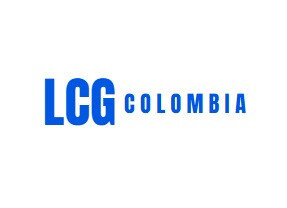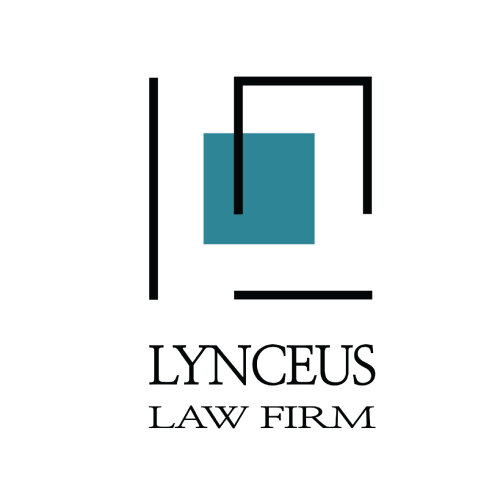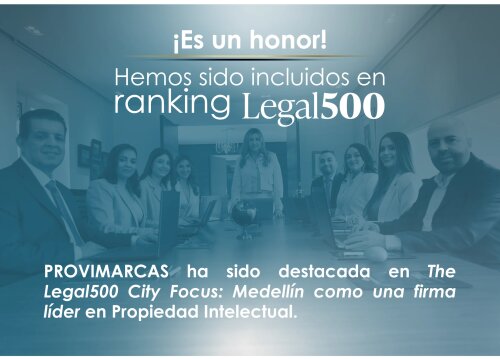Best Art & Cultural Property Law Lawyers in Colombia
Share your needs with us, get contacted by law firms.
Free. Takes 2 min.
Or refine your search by selecting a city:
List of the best lawyers in Colombia
About Art & Cultural Property Law in Colombia
Art & Cultural Property Law in Colombia encompasses a range of legal mechanisms for the protection and management of the country's cultural heritage and artistic expressions. This area of law is vital because it helps safeguard Colombia’s rich historical and cultural legacy. It involves the regulation of cultural resources, including historic sites, art collections, and archaeological discoveries, ensuring that these valuable assets are preserved for future generations. The law seeks to balance cultural preservation with the rights and responsibilities of individuals and institutions involved in the creation, ownership, and trade of cultural assets.
Why You May Need a Lawyer
Individuals and organizations may require legal assistance in Art & Cultural Property Law for various reasons, including:
- Art Transactions: Facilitating the sale, acquisition, or transfer of ownership of art and cultural property.
- Restitution Claims: Seeking the return of art and cultural property stolen or illegally exported during times of conflict or colonization.
- Authenticity and Provenance Disputes: Resolving disputes over the authenticity or provenance of artworks.
- Compliance with Regulations: Ensuring compliance with Colombian and international laws governing the protection of cultural heritage.
- Intellectual Property: Protecting the intellectual property rights associated with artworks and cultural expressions.
- Damage or Theft Cases: Addressing legal actions related to the damage, theft, or illegal trade of cultural property.
Local Laws Overview
Key aspects of local laws pertinent to Art & Cultural Property Law in Colombia include:
- Law 397 of 1997 (General Law of Culture): This foundational law outlines the policies for cultural preservation and promotes the protection of artistic heritage and cultural expressions.
- Decree 833 of 2002: This decree establishes regulations for the inventory and protection of cultural property, including archaeological objects and colonial art.
- Law 1185 of 2008: Strengthens protections for cultural heritage, emphasizing the prevention of illicit trafficking of cultural goods.
- Intellectual Property Laws: These laws protect the creative rights of artists and cultural creators, ensuring their moral and economic rights are upheld.
Frequently Asked Questions
1. What constitutes cultural property in Colombia?
Cultural property in Colombia includes objects, sites, and expressions with historical, artistic, scientific, or cultural significance, such as archaeological sites, works of art, and traditional music and dance.
2. Can I export art from Colombia?
Exporting art from Colombia requires adherence to specific laws and regulations. Exporting cultural property, especially items considered national treasures, often requires government permits to ensure compliance with cultural heritage protection laws.
3. How are disputes over art ownership resolved?
Disputes over art ownership can be resolved through negotiation, mediation, or litigation. Legal counsel can provide guidance on the best course of action based on the specific circumstances of the dispute.
4. What is the penalty for illegally trading cultural property in Colombia?
The illegal trade of cultural property is a serious offense in Colombia, with penalties including fines and imprisonment, as outlined in national laws designed to protect cultural heritage.
5. How can I prove the provenance of an artwork?
Provenance can be established through documentation such as sales receipts, archival records, exhibition catalogs, and expert authentication. Legal experts can help verify and validate provenance evidence.
6. Are indigenous cultural expressions protected under Colombian law?
Yes, indigenous cultural expressions are protected under Colombian law, recognizing their cultural significance and ensuring that indigenous communities retain rights to their cultural heritage.
7. What should I do if I discover an archaeological artifact?
If you discover an archaeological artifact, it is important to report it to the relevant authorities. The unauthorized excavation or looting of archaeological sites is illegal and harms cultural heritage.
8. Can cultural property be used as collateral?
Using cultural property as collateral can be complex due to its unique legal status. It is advisable to seek legal expertise to navigate the financial and legal implications involved.
9. How can artists protect their intellectual property in Colombia?
Artists can protect their intellectual property by registering their works with Colombia's National Directorate of Copyright and enforcing their rights through legal channels if infringements occur.
10. What is the role of museums in cultural property law?
Museums play a critical role in cultural property law by preserving, exhibiting, and educating the public about cultural artifacts. They must comply with national and international regulations concerning the acquisition and display of cultural property.
Additional Resources
For those seeking further information or assistance, consider the following resources:
- Ministry of Culture: Oversees policies related to cultural preservation.
- National Institute of Anthropology and History: Provides guidance on archaeological matters.
- National Directorate of Copyright: Offers services for registering intellectual property rights.
- Colombian Association of Art Lawyers: A professional body for legal experts in art and cultural property law.
Next Steps
If you need legal assistance in Art & Cultural Property Law, consider taking the following steps:
- Identify Your Needs: Clearly outline your legal concerns or questions related to cultural property.
- Seek a Specialized Lawyer: Look for a lawyer with expertise in both Colombian law and the specifics of cultural property or art transactions.
- Prepare Documentation: Gather any relevant documents, evidence, or correspondence related to your legal issues.
- Consultation: Schedule a consultation to discuss your legal options and develop a strategy tailored to your situation.
With these steps, you can effectively navigate the complexities of Art & Cultural Property Law and protect your interests.
Lawzana helps you find the best lawyers and law firms in Colombia through a curated and pre-screened list of qualified legal professionals. Our platform offers rankings and detailed profiles of attorneys and law firms, allowing you to compare based on practice areas, including Art & Cultural Property Law, experience, and client feedback.
Each profile includes a description of the firm's areas of practice, client reviews, team members and partners, year of establishment, spoken languages, office locations, contact information, social media presence, and any published articles or resources. Most firms on our platform speak English and are experienced in both local and international legal matters.
Get a quote from top-rated law firms in Colombia — quickly, securely, and without unnecessary hassle.
Disclaimer:
The information provided on this page is for general informational purposes only and does not constitute legal advice. While we strive to ensure the accuracy and relevance of the content, legal information may change over time, and interpretations of the law can vary. You should always consult with a qualified legal professional for advice specific to your situation.
We disclaim all liability for actions taken or not taken based on the content of this page. If you believe any information is incorrect or outdated, please contact us, and we will review and update it where appropriate.
Browse art & cultural property law law firms by city in Colombia
Refine your search by selecting a city.














